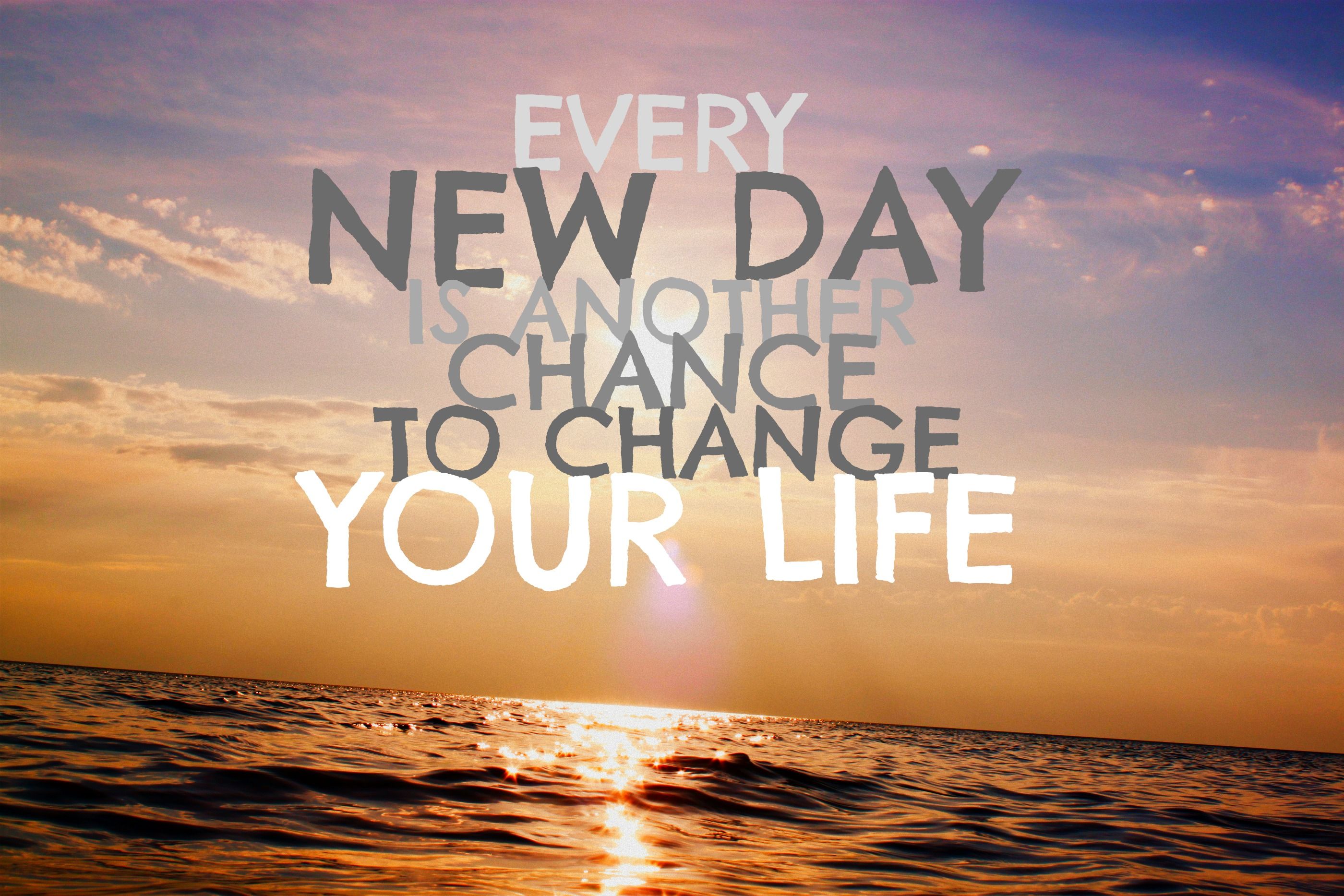
we all have vital turning points in our lives – important encounters that emerge in our memory. A significant number of them owe an extraordinary arrangement to risk: a fortunate experience with somebody who turns into the affection for your life. Another educator who spots an ability you didn't have any acquaintance with you had. A sudden misfortune that overturns the surenesses of your life. An acknowledgment that you would prefer not to burn through one more day in your activity. These minutes appear to be the result of destiny or good fortune. We can't control them.
In any case, is that valid? Not really. Vital crossroads shape our lives, yet we don't need to sit tight for them to happen. We can be the creators of them. Imagine a scenario where an instructor could plan a lesson that understudies were all the while considering years after the fact. Imagine a scenario in which you had a superior feeling of how to make enduring recollections for your kids.
It is conceivable to make vital turning points in the event that we see more about them. Our exploration demonstrates that they all offer an arrangement of normal components. We begin by asking: for what reason do we recall certain encounters and overlook others? On account of huge days, for example, weddings, the appropriate response is entirely evident – it's a festival that is great in scale and rich in feeling. Nothing unexpected that it's more important than a lesson on duplicating parts. In any case, for different encounters in life – from occasions to work ventures – it's not all that reasonable why we recall what we do.
Analysts have found some unreasonable responses to this perplex of memory. Consider an investigation in which members were approached to submerge their hands for 60 seconds in basins loaded with bone chilling 14C (57F) water. (Keep in mind 14C water feels substantially colder than 14C air.)
They were then approached to submerge their hands for 90 seconds rather than 60, yet amid the last 30 seconds, the water warmed up to 15C. The members were then given a decision: would you rather rehash the primary trial or the second?
This resembles asking whether you'd rather be slapped in the face for 60 seconds or 90. However 69% picked the more drawn out trial.
Therapists have unwound the purposes behind this confounding outcome. At the point when individuals evaluate an ordeal, they have a tendency to overlook or disregard its length – a wonder called "span disregard". Rather they appear to rate the experience in light of two key minutes: the best or most noticeably awful minute, known as the pinnacle, and the completion. Therapists call it the "pinnacle end run the show."
In the members' recollections, what emerged for them was that the more drawn out trial finished more serenely than the shorter one. (The two trials, coincidentally, had a comparative pinnacle snapshot of torment: near the 60-second stamp.)
So when we survey our encounters, we don't normal our moment by-minute sensations. Or maybe, we have a tendency to recall leader minutes: the pinnacles, the pits and the advances.
What we don't recollect are the bits in the middle of – infrequently there is little to recognize one week from the following. We can invest end of the week after end of the week with our youngsters, however in our memory every one of those circumstances mix together.
Mostly this is on the grounds that there might be just twelve minutes throughout your life that catch your identity – those are huge vital turning points. Be that as it may, there are littler encounters, as well, with regards to a noteworthy occasion, sentimental date or work accomplishment. When we see how we recollect certain minutes and why, we can begin to make to make more minutes that issue.